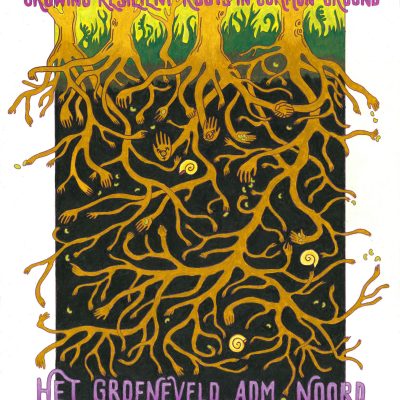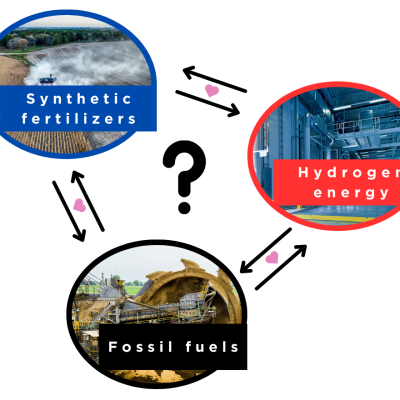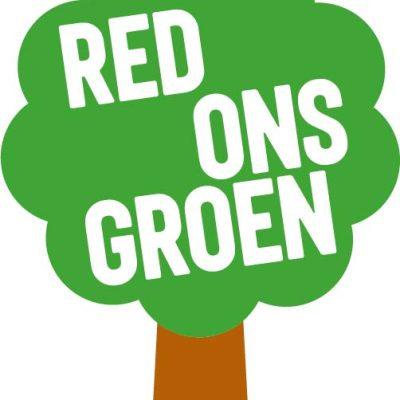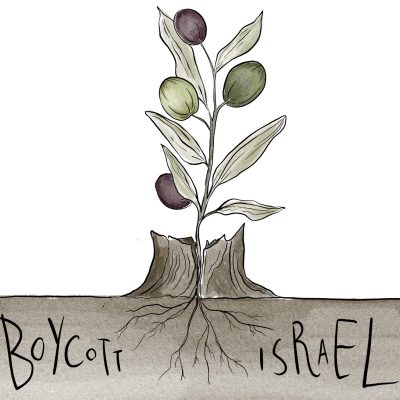The new report of grain shows how big finance corporations help agribusinesses to greenwash their image and resist public pressure for environmental goals through green finance, increasing the corporate and financial control. This is also allowed by governments who prioritize PPP (Private & public partnerships) and who help commodify land and natural resources.
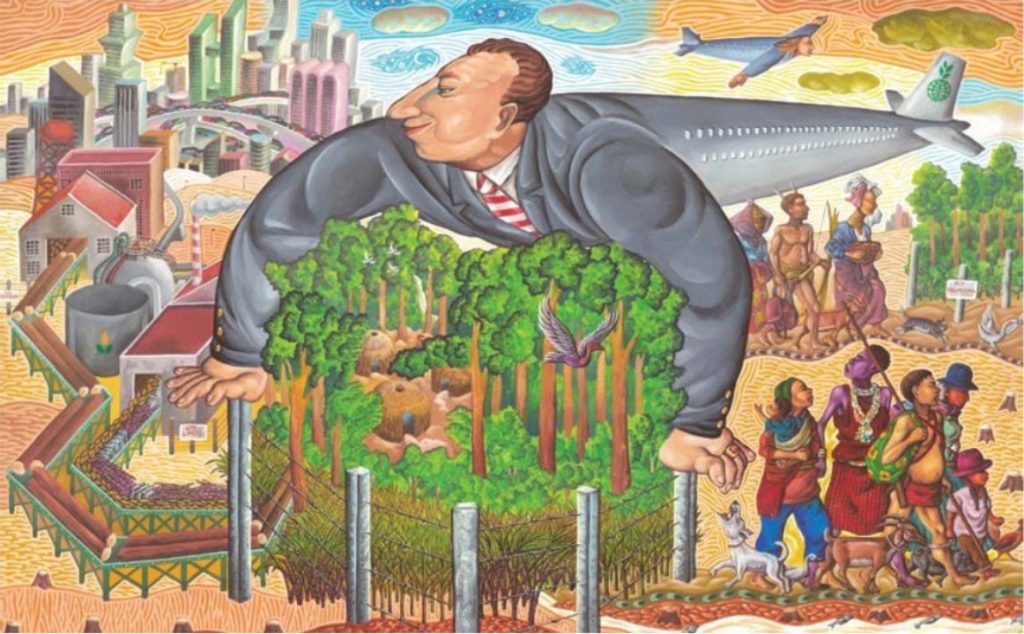
Through green bonds, “a dirty company like Amaggi or Shell can raise green funding for some segments of its operations where it may be putting in place alternative energies, while continuing to engage in overall business practices that contribute massively to the climate crisis and other environmental disasters.” Likewise, as a consequence of these bonds, “European commitments to develop in parallel a system that works towards penalizing dirty lending have evaporated.”
The report also raises the question: what are green projects? Indeed, “nature-based solutions have been widely criticized for distracting from and postponing the real emissions cuts that must be made, and for depending on a massive grab of indigenous peoples’ and peasants’ lands and forests.” As an example, “These ‘regenerative agriculture’ projects will produce certified ‘deforestation-free’ soybeans, even though the conversion of pasture lands to soybeans in the Cerrado is known to displace cattle production into the Amazon rainforest and to cause numerous other environmental damages.”
The report presents the different ways through which big finance corporations and agribusinesses use green finance to maintain business-as-usual, and their control over money supply.
Green finances do not address the power and control of people over the access to “land, seeds, knowledge and money supply”. This will not lead to food sovereignty nor climate justice as it perpetuates a system of exploitation based on ownership. Green finances schemes maintain the power over the access to resources in the hands of a few powerful actors from the finance and agribusiness sector.
Read more in the report published by GRAIN.

